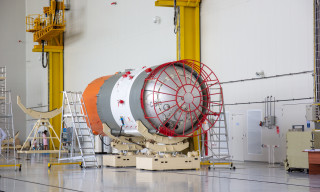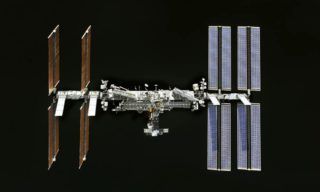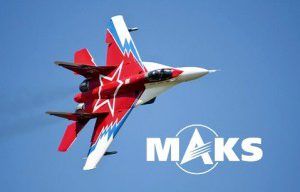The American non-profit organisation Space Foundation has presented a report on the state of the global space economy. According to experts’ calculations, 7.4% more money was spent on this sphere worldwide in 2023 than in 2022. In addition, spending on space activities has almost doubled in 10 years. Satellite launches and space defense were among the priority areas.
The global space economy will be worth $570bn in 2023, up 7.4% from a year earlier. This figure is almost twice as high as 10 years ago. It matches the industry’s five-year average annual growth rate of 7.3 percent. “Our annual analysis of the global space economy highlights the growing importance of the space industry in both the public and private sectors,” notes Space Foundation CEO Heather Pringle.
The report looked at commercial company revenues and government spending by 54 countries and international organisations – key players in the field. Profits from private space accounted for 78 percent of the total economy, 13 percent was US government spending, and the remaining 9 percent was spent by other countries and companies around the world.
Commercial infrastructure revenue 2023 was $445bn, up 5.4% from 2022. Positioning, Navigation, and Timing (PNT) was among the priority areas, due in large part to the active development of orbiting satellite constellations, the largest of which is SpaceX’s Starlink. Revenue in this area is estimated at $209bn, up $11bn from a year earlier.
The next most lucrative category, ground stations and equipment, grew 19% last year, or $17bn. Revenues from commercial satellite manufacturing and launch, although relatively small, doubled in two years as space launches around the world grew.
International government spending on space programmes rose 11% to $125bn in 2023. Of all countries, 78% (42 out of 54) increased their budgets dedicated to this area. The top nine countries with the highest spending were the US, Russia, China, Japan, France, Germany, Italy and South Korea.
There is also a trend towards the militarisation of space. Global military-space budgets grew by 18% over the year to $57bn, which is 46% – that is, almost half of total government spending on space activities. The US accounts for the majority of defense spending (80%). Other countries that have sharply increased their defense budgets include Japan and Poland.



















